(May 10, 2021) “Often dubbed the ‘pharmacy of the world,’ India is one of the biggest suppliers of the AstraZeneca vaccine under the COVAX programme to help immunization in poorer countries,” reported Al Jazeera on May 10, and the COVID disaster in India has worldwide implications.
Africa is ‘watching in horror’ as India’s vicious second COVID wave forces that country to halt the export of vaccines headed for the COVAX program, the new outlet says. COVAX aims to provide two billion doses by the end of the year,” reports the New York Times. “Eighty-three percent of shots that have gone into arms worldwide have been administered in high- and upper-middle-income countries. Only 0.3 percent of doses have been administered in low-income countries.”
But India has been hammered by an explosive growth in infections – accelerated, by a new variant. To date India has recorded 22 million cases out of a population of 1.3 billion, and a death toll of nearly a quarter of a million. At the end of March, after sending more than 60 million doses overseas, the COVID disaster in India led to its announcing at the end of March that it was delaying supplies to other countries as it works to meet its own needs.
The African Union’s (AU) health ministers held emergency talks online on Saturday to discuss the vaccine gap resulting from the COVID disaster in India. “We don’t expect that vaccines will be shipped out of India anytime soon,” said Cameroonian virologist John Nkengasong, director of the Africa Centres for Disease Control and Prevention, the AU’s health watchdog.
“The inequitable distribution of vaccines is not just a moral outrage. It’s also economically and epidemiologically self-defeating,” says WHO chief Tedros Adhanom Ghebreyesus.
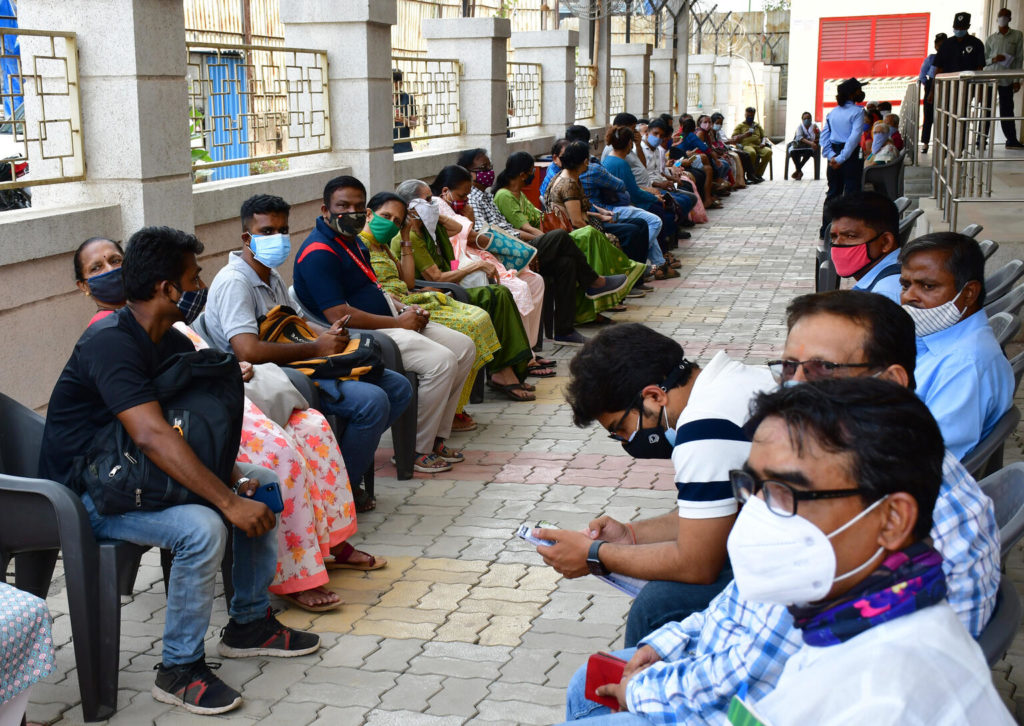
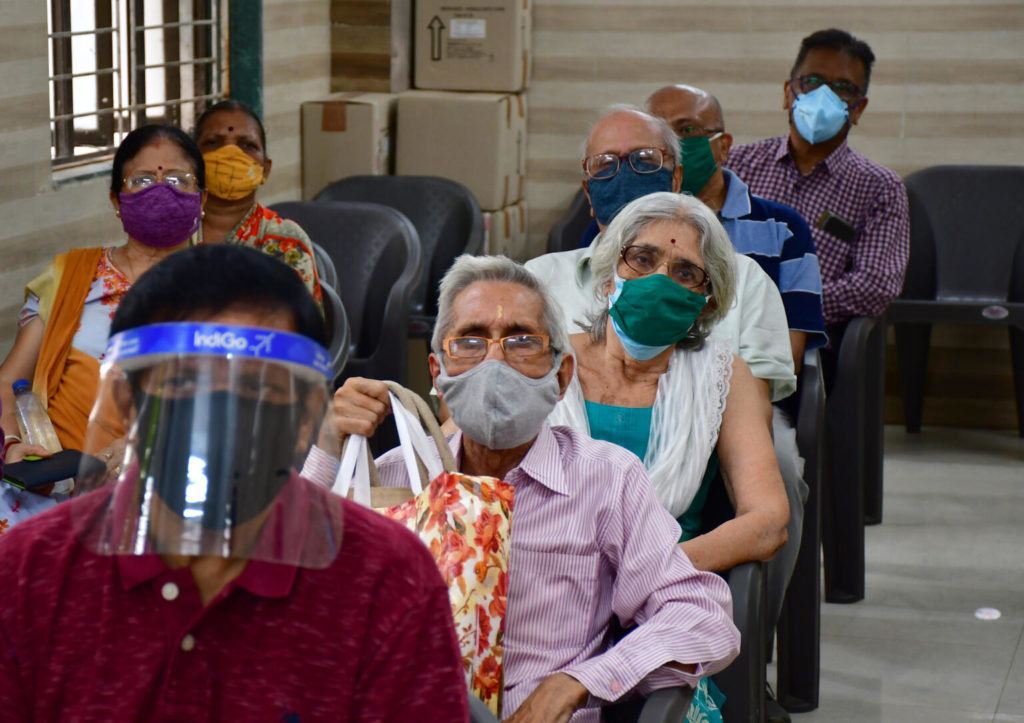
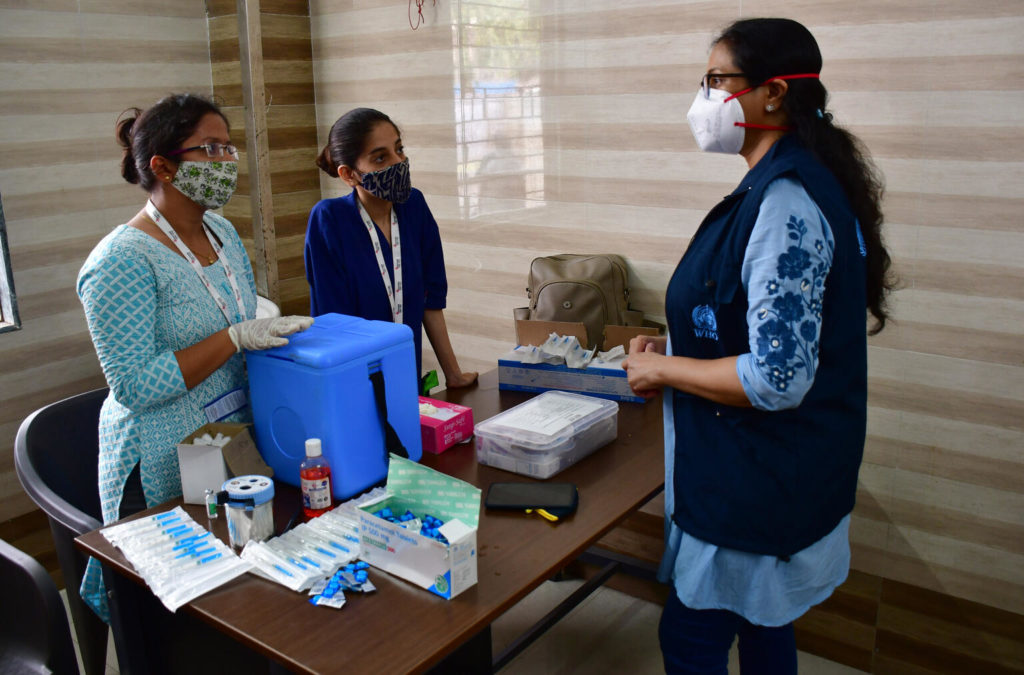
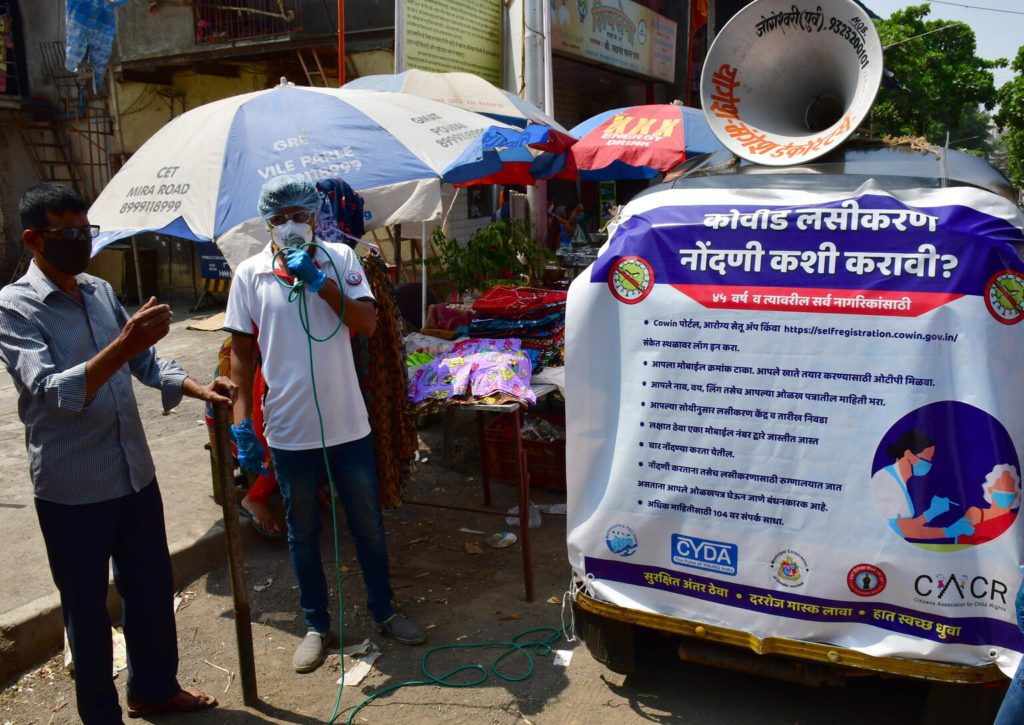
(Photo: UNICEF)
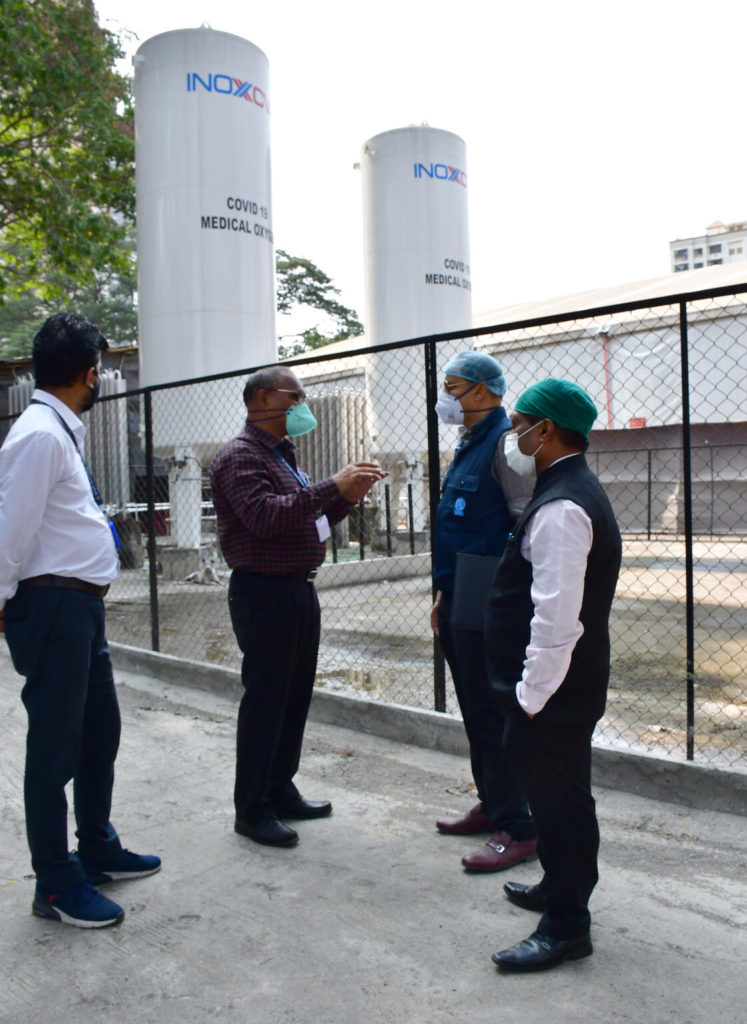

Related reading
Stark Gap Worldwide in Covid Vaccines May 10, 2021
COVID 19: Ontario’s disastrous third wave April 16, 2021
Raising Money during COVID: Funders in a Dangerous Time October 20, 2020